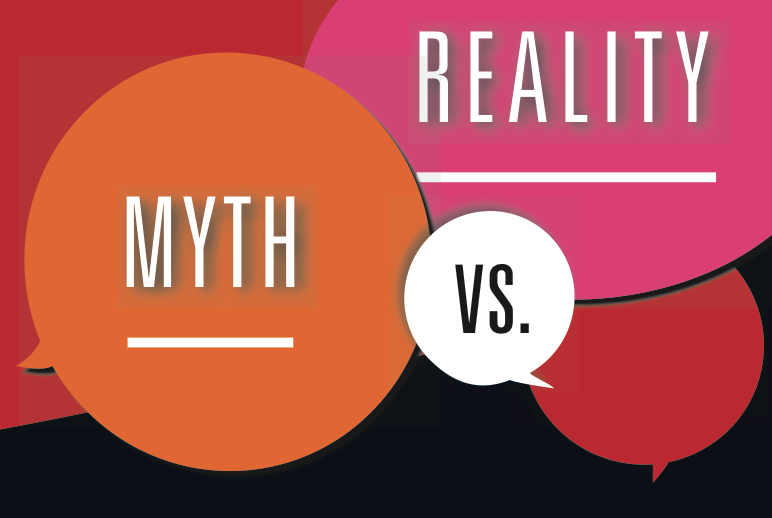Food Myths Can Hinder Binge Eating Disorder Recovery

There is a great deal of misunderstanding when it comes to food, and those food myths hinder binge eating disorder (BED) recovery. It can be what the "healthiest" thing is to eat or the latest diet fad. When recovering from an eating disorder, we need to remember that current food fads are usually not the best for us. We know better and need to ignore what the trends are and stick to the balanced eating plan which keeps us from using behaviors. Watch for food myths in your binge eating disorder recovery.
Unhealthy Food Myths Are Everywhere
I currently work in a restaurant and am surrounded by customers who are almost as obsessed with food as I once was. The other afternoon a woman was asking me for alternative options for her side dish because she "doesn't do carbs." My instinct was to educate her on how the body needs this particular food group in order to provide the body with energy. However, I was at work, so I kept my mouth shut.
We are surrounded by these types of food myths no matter where we go whether it be at work, school, or with family and friends. Remembering the food myths is not always easy, but doing so is essential to keeping us on the road to recovery.
Avoiding Food Myths While Recovering from Binge Eating Disorder

Part of recovering from any eating disorder is learning to nourish your body properly. This involves a meal plan that includes all the different food groups.
When I was listening to the woman at the restaurant saying she didn't eat carbohydrates, I heard a small glimpse of my eating disorder. "Maybe carbs are bad, maybe I should stop eating them," is what my eating disorder was saying. I was able to remove this from my head by rationally telling myself that I eat this food group because I know that if I restrict a food group, it will lead me to a binge caused by deprivation (The Restriction and Binge Cycle of Binge Eating Disorder).
Food Myth vs Reality: Things to Remember in Binge Eating Disorder Recovery
Bringing yourself back to the reality of what you need is a great way to keep these food myths from interfering with your binge eating disorder recovery.
- Remind yourself why you choose certain foods and do not exclude others.
- Remember what happened when you did restrict certain foods. Personally, whenever I restricted a certain type of food it always led to using behaviors. I know I do not want to return to this place so I constantly reality check myself when these untruths surround me.
- As always, take a deep breath when these situations appear.
- Don't be hard on yourself if eating disorder thoughts emerge. Take the time to listen and then think about how doing what your eating disorder wants will affect you.
- The most important thing is to realize that most people are uneducated when it comes to food and nutrition. You do not need to educate them, what you need to do is continue to take care of yourself and not fall victim to the food myths that are out there.
Best of luck, keep up the hard work. It will all pay off.
Find Grace on Twitter, Facebook, Google+ and on her personal blog.
APA Reference
Bialka, G.
(2016, November 20). Food Myths Can Hinder Binge Eating Disorder Recovery, HealthyPlace. Retrieved
on 2026, March 3 from https://www.healthyplace.com/blogs/bingeeatingrecovery/2016/11/food-myths-and-b-e-d-recovery